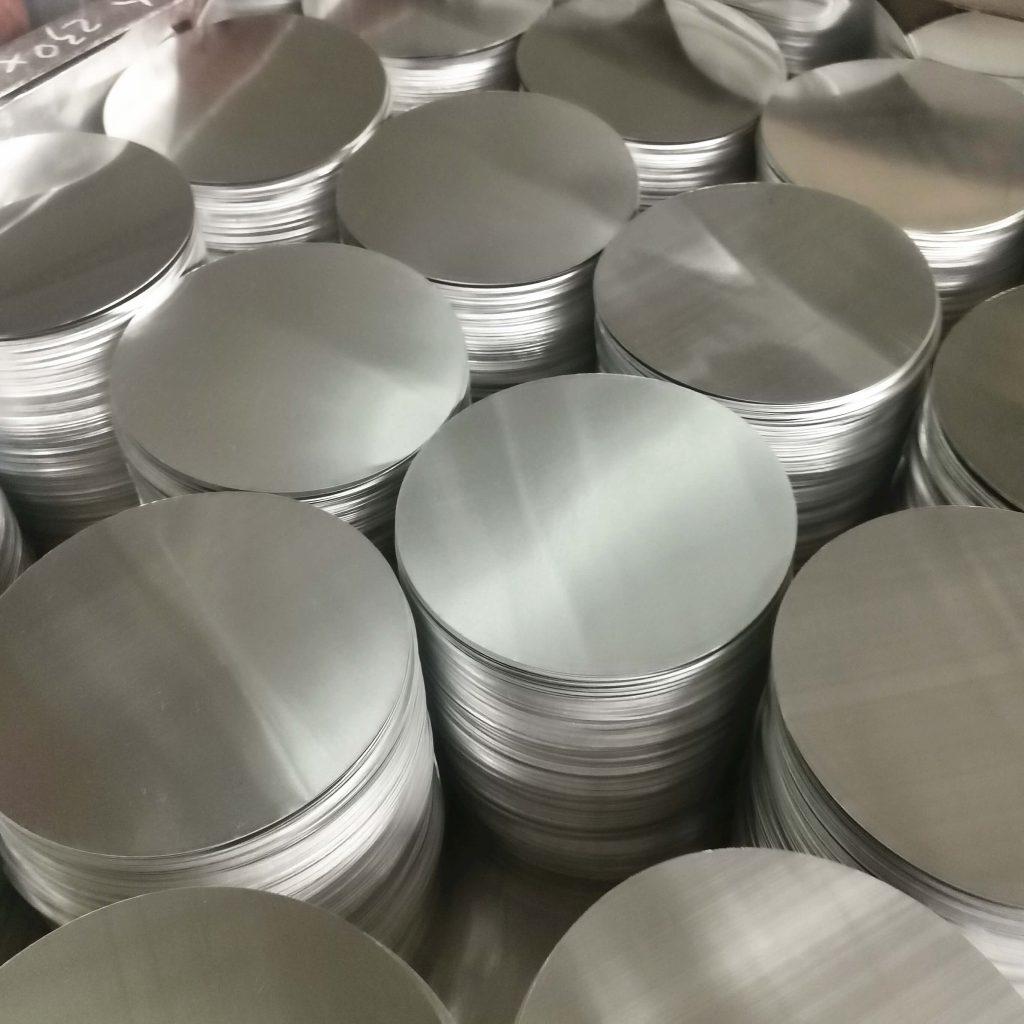Notifications

2 minutes, 55 seconds
-395 Views 0 Comments 0 Likes 0 Reviews

Aluminium circles are a critical raw material in the production of high-quality cookware, particularly when it comes to the spinning process. Spinning, a metalworking technique that shapes flat discs into seamless, hollow forms, relies heavily on the unique properties of aluminium circles. This article explores how aluminium circles are used in cookware manufacturing and why they are the preferred choice for spinning.
Aluminium circles, also known as aluminium discs, are specifically designed for spinning due to their excellent formability, lightweight nature, and thermal conductivity. These properties make them ideal for creating pots, pans, lids, and other cookware items. The spinning process requires a material that can withstand deformation without cracking or tearing, and aluminium circles meet this requirement perfectly.
Spinning involves mounting an aluminium circle on a lathe and rotating it at high speeds while a tool presses against the disc to shape it into the desired form. The process is highly efficient, producing seamless and uniform cookware with minimal material waste. Aluminium circles are particularly well-suited for this process because of their consistent thickness and surface finish, which ensure smooth and precise shaping.
The most commonly used grades for cookware spinning are 1050, 1060, and 3003 aluminium alloys. These grades offer a balance of strength, ductility, and corrosion resistance, making them ideal for kitchen utensils. For example, 3003 aluminium is often used for non-stick cookware due to its excellent anodizing properties, which enhance durability and aesthetics.
Lightweight: Aluminium cookware is easy to handle, making it a favorite among home cooks and professional chefs alike.
Heat Conductivity: Aluminium distributes heat evenly, ensuring consistent cooking results.
Cost-Effective: The spinning process, combined with the affordability of aluminium circles, makes it a cost-efficient solution for mass production.
Aluminium circles are indispensable in the cookware industry, particularly for spinning applications. Their unique combination of properties ensures the production of durable, high-performance, and aesthetically pleasing cookware. As demand for lightweight and efficient kitchen tools grows, aluminium circles will continue to play a pivotal role in shaping the future of cookware manufacturing.

